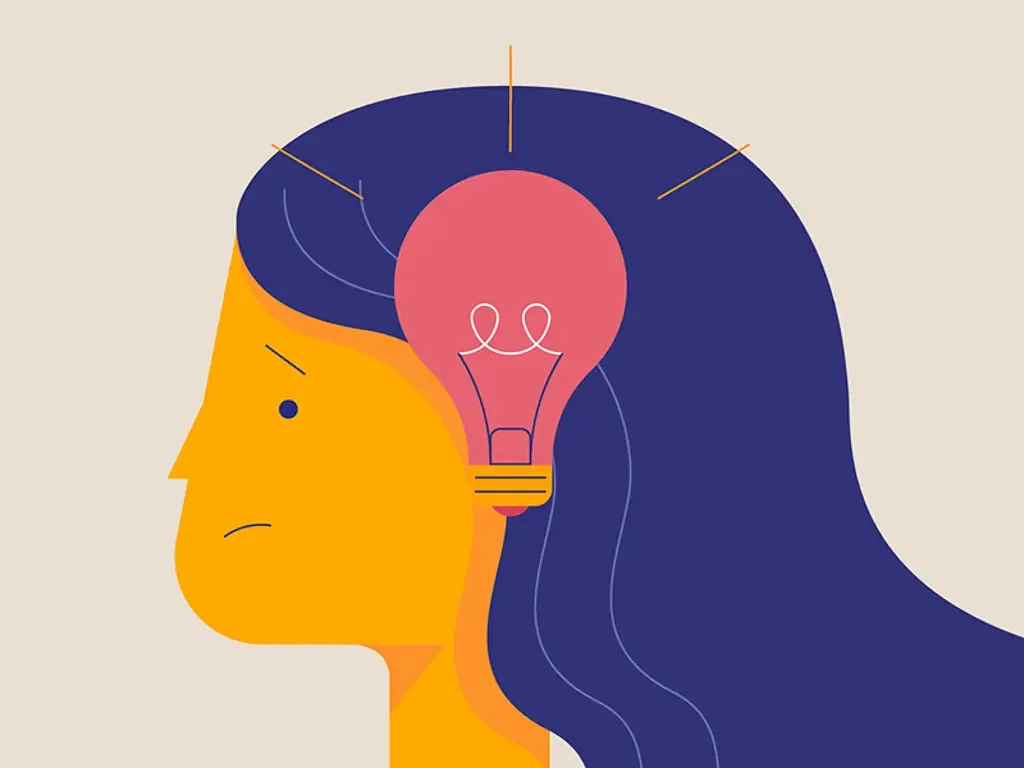Obsessive-Compulsive Disorder (OCD) is a mental health condition defined by persistent intrusive thoughts and compulsive, repetitive behaviors. Advancements in understanding and treating OCD have paved the way for more effective approaches. Modern treatments aim to alleviate symptoms, improve quality of life, and empower individuals to regain control over their daily lives.
Medications for OCD
Prescribed medications are often a foundational element of OCD treatment, playing a key role in managing symptoms and improving quality of life. Among these, selective serotonin reuptake inhibitors (SSRIs), a class of antidepressants, are most commonly used. SSRIs work by helping to regulate serotonin levels in the brain, which are often linked to OCD symptoms such as intrusive thoughts and compulsive behaviors. Medications like fluoxetine, sertraline, and fluvoxamine are frequently prescribed for this purpose.
Medication plans need regular monitoring because everyone reacts differently to drugs and dosages. Psychiatrists often adjust treatments over time to find the right balance between reducing symptoms and minimizing side effects. Medication can be used on its own or in combination with therapies such as cognitive-behavioral therapy (CBT), particularly exposure and response prevention (ERP). This combination helps address both the biological and psychological sides of OCD effectively.
Psychotherapy Approaches
Psychotherapy is an effective treatment path for many individuals with OCD. Working with a licensed mental health professional offers the opportunity to explore underlying causes, gain insight into thought patterns, and develop coping mechanisms. Among therapeutic options, Cognitive Behavioral Therapy (CBT) is particularly prevalent. CBT helps individuals identify and challenge OCD-related thoughts, often resulting in symptom reduction and improved daily functioning. Exposure and Response Prevention (ERP), a type of cognitive-behavioral therapy (CBT), is especially effective in helping individuals confront fears and resist compulsive behaviors. With consistent effort and professional support, many people with OCD experience significant improvement in their quality of life.
Cognitive Behavioral Therapy
Cognitive Behavioral Therapy (CBT) is an effective, evidence-based treatment for Obsessive-Compulsive Disorder (OCD). A key component of CBT is Exposure and Response Prevention (ERP). This method helps individuals face their fears and resist compulsive behaviors. It works by gradually exposing them to anxiety triggers in a controlled environment. Guided by skilled therapists, this process reduces fear responses over time. It also helps build anxiety tolerance. When combined with techniques like cognitive restructuring, CBT becomes a powerful approach to managing OCD. It can help improve the quality of life.
Lifestyle Adjustments
Simple daily habits can support your medical and therapeutic treatments, creating a well-rounded approach to health. Mindfulness practices, such as meditation, yoga, or deep breathing, help reduce stress, ease symptoms, and build emotional resilience. Regular exercise releases endorphins and can help improve your mood.
Maintaining a well-balanced diet rich in fruits, vegetables, whole grains, and lean proteins can provide the body with key nutrients that support brain health. Adhering to regular sleep patterns, such as establishing a consistent bedtime routine and avoiding screens before bed, may help stabilize overall mental health. These simple lifestyle adjustments can provide significant support in the broader treatment process, enhancing both physical and emotional well-being.
Moving Toward Better Management
OCD treatment has evolved, providing individuals with a range of tailored options. While managing symptoms can still be challenging, combining medication, psychotherapy, and lifestyle changes offers more effective care. By working closely with mental health professionals, individuals can develop strategies to manage OCD over time.

